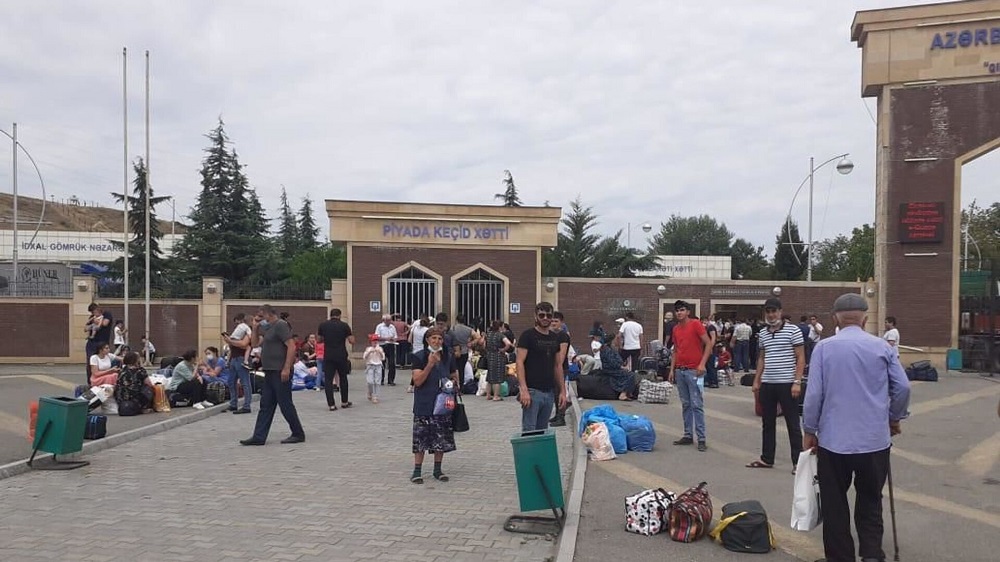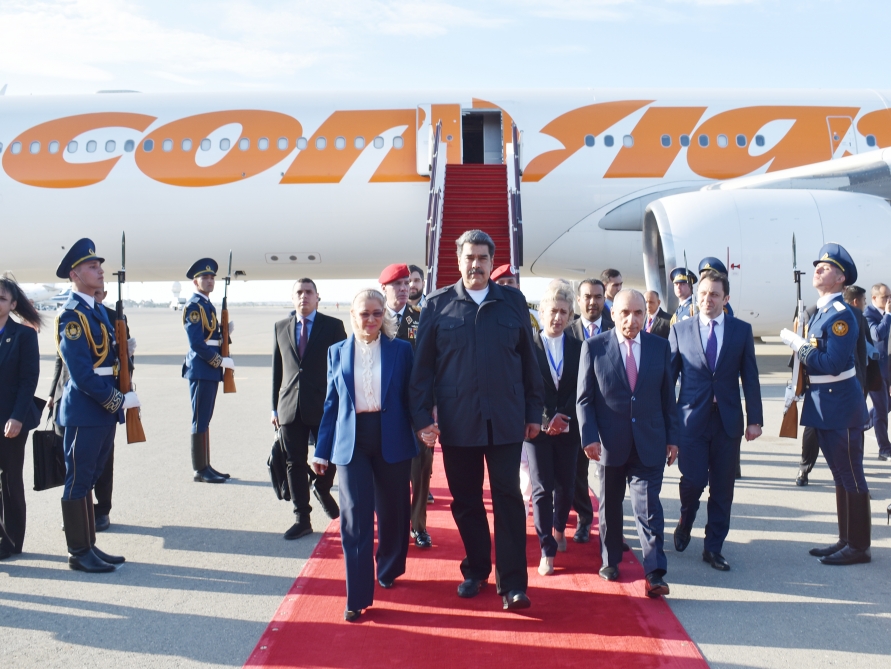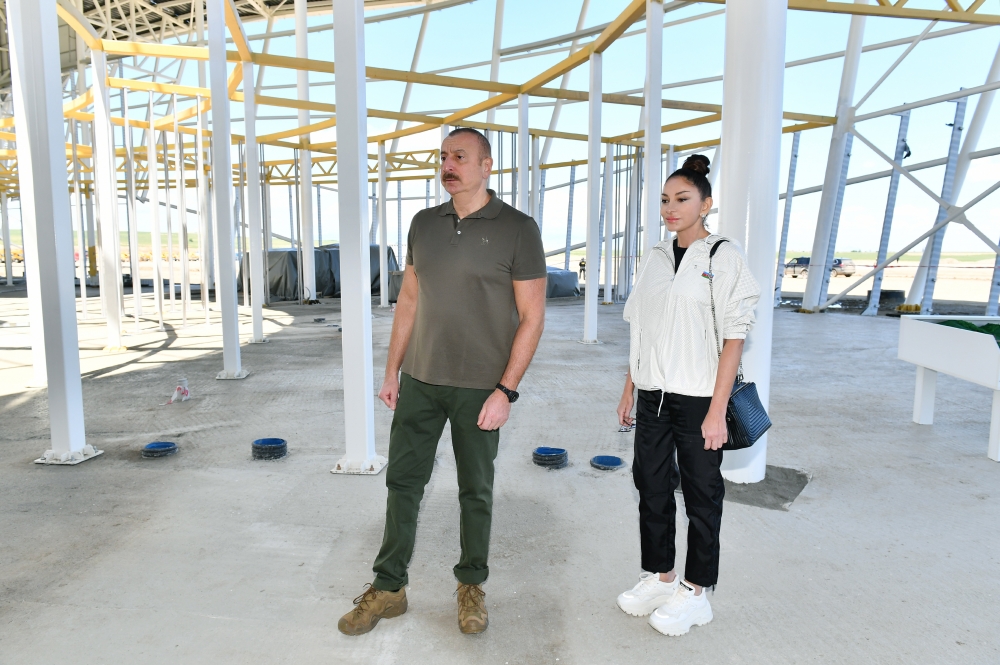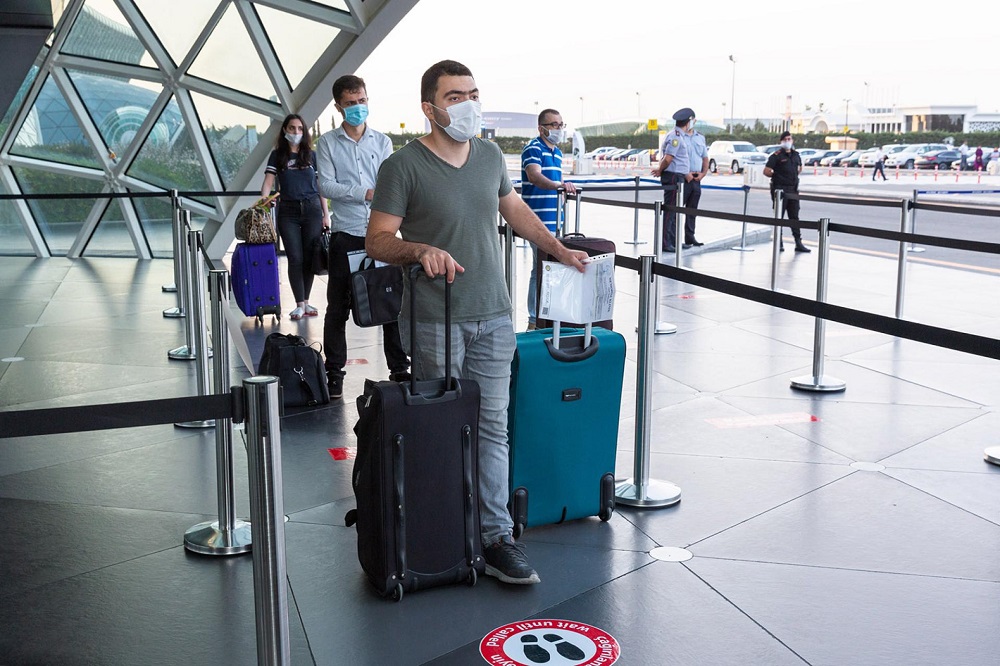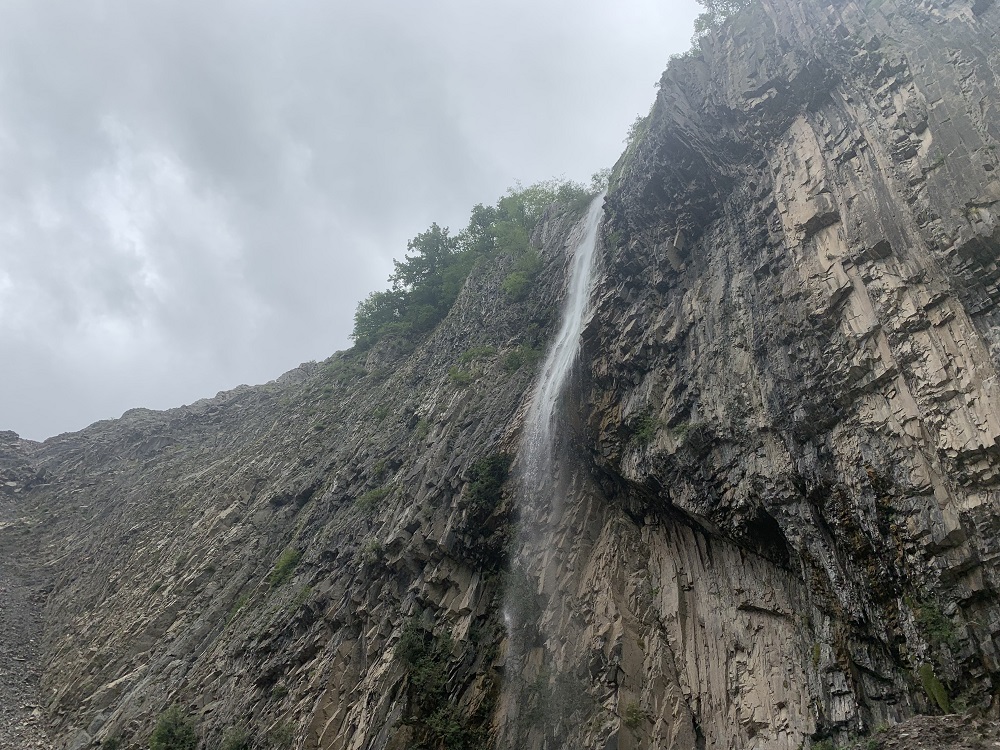Closed borders: why Azerbaijani authorities refuse to reopen land communication?
Why Azerbaijan refuses to reopen its land borders?
In recent days, the issue of closed land borders with neighboring countries has become acute in Azerbaijan, although the borders were closed back in April 2020. The authorities decided to close the border of the Nakhichevan Autonomous Republic with Turkey – the only land border point still operating. Now Azerbaijan can only be left by plane. What is the reason for closed borders? Experts give different reasons.
- Opinion: Is it worth discussing South Caucasian Federation?
- Azerbaijani activists propose tougher punishment for domestic violence
- Georgian NGOs present a plan for obtaining EU candidate status
All neighboring countries of Azerbaijan – Iran, Turkey, Georgia and Russia – have opened or announced the opening of their land borders in the coming days. Azerbaijan does not yet have diplomatic relations with Armenia and operating checkpoints on the common border.
The decision of the Azerbaijani government to close all land borders was made at the very beginning of the coronavirus pandemic, in April 2020. But during the entire subsequent period, the Syadarak border checkpoint operated – on the border of the Nakhichevan Autonomous Republic (NAR) and Turkey. It was not closed due to the fact that the NAR is an exclave and does not have a direct land connection with the rest of Azerbaijan.
This border point has become a “window” for those who did not want to pay huge sums for a flight to Turkey.
High prices spark outrage
A one-way ticket from Baku to Istanbul costs 416 manats [about $245] with AZAL airlines, and 364 manats [about $214] with Buta low-cost airline.
It was possible to get to Turkey through Nakhichevan at least twice cheaper.
Thus, a Baku-Nakhichevan air ticket for those who do not have ties with the Nakhichevan Autonomous Republic costs 70 manats [about $41], for those who were born or have a residence permit in the NAR – 60 manats [about $35]. From Nakhichevan to the Turkish city of Ygdir, one could take a taxi for 10 manats [about $6], and from Ygdir by plane to Istanbul for only 90 manats [about $53]. Total: 170 manats [about $100].
An unexpected decision
After Turkey announced the end of the coronavirus pandemic in the country and opened land borders with neighboring countries, the flow to Nakhichevan from Baku increased significantly due to the mentioned difference in the price of the trip.
At the end of June, the people of Nakhichevan themselves could not buy a ticket to their native city in Baku. The queues in front of the ticket offices lined up from early morning. On June 30, at best, you could buy a ticket for July 15.
Unexpectedly, on July 1, the Azerbaijani government announced a decision to close the land border checkpoint between the NAR and Turkey.
The authorities explained their decision by the continuation of the quarantine regime, which was last extended until September 1, 2022.
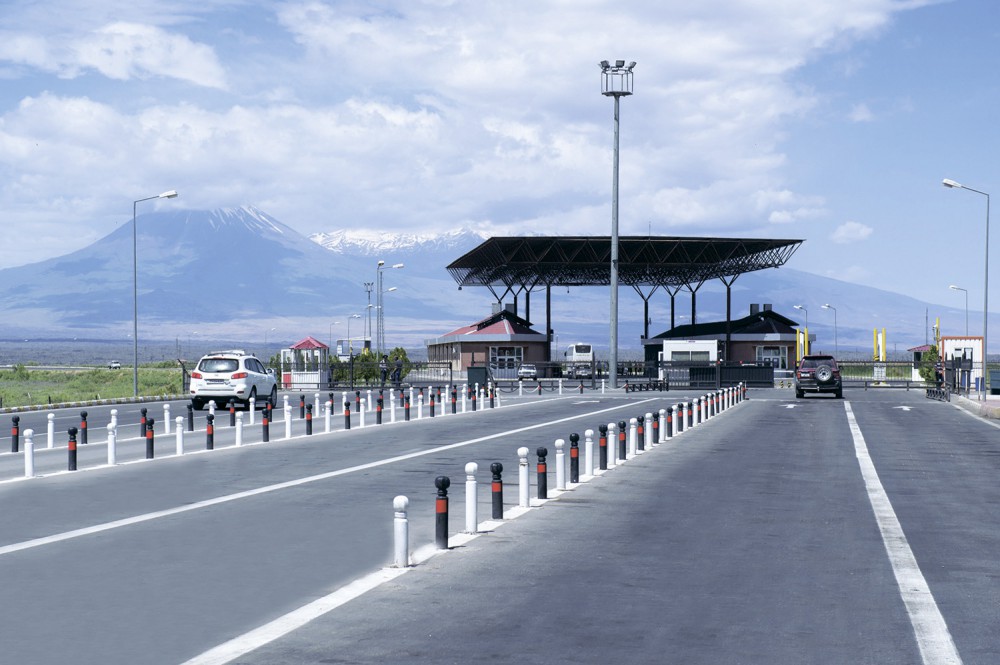
Expert opinion
Azerbaijani experts cite various reasons for the ongoing “self-blockade” of the country.
Some explain this by the need to ensure security, some – by the monopoly of the state airline, and others – by the unwillingness of the authorities to face the flow of migrants from Russia.
According to Azerbaijani Health Minister Teymur Musayev, no special precautionary measures are planned at any of the border points due to the spread of monkeypox.
Natik Jafarli, one of the leaders of the Republican Alternative opposition party, is convinced of the implausibility of linking the current situation with the pandemic:
“The closure of land borders creates an unusual situation. There is a great need in society for their reopening. Borders are now open everywhere else in the world.
The Azerbaijani government’s insistence on keeping the borders closed and not explaining the reason is causing unnecessary tension. There must be some explanation for this. But one thing is for sure: it has nothing to do with the epidemiological situation”.
As part of the “security factor” is also called the likelihood of the start of military operations in the zone of the Karabakh conflict.
According to political observer Ilham Ismail, “such a possibility is negligible, because Russian peacekeepers are stationed in the part of Karabakh that is not controlled by the Azerbaijani authorities, and it is illogical to conduct a military operation there”.
The airline monopoly factor
Political commentator and head of the Turan agency Mehman Aliyev believes that this move seriously impedes the return flow of migrant workers:
“In the current situation in neighboring countries, especially in Russia, there is a high probability of a reverse flow of migrant workers. And this can create internal economic tension. Migrants will not return by plane at current prices.
On top of that, many went to Iran and Georgia for treatment. Thus, domestic medicine lost a lot of money. Now you can also go to neighboring countries for treatment, but by plane, which is expensive. The flow has been seriously reduced. The government is interested in limiting this flow.
On the other hand, the government wants to limit the flow of its citizens, respectively, funds abroad”.
Domestic tourism
Some cite the government’s desire to develop domestic tourism through the closure of borders as the possible factor.
According to economic expert Khalid Karimli, the closure of land borders is difficult to associate with domestic tourism:
“If the authorities wanted to block the way to the withdrawal of funds from the country, then it would be more logical to close air traffic as well. But that doesn’t happen.
In addition, in the summer, many tourists came to Azerbaijan from neighboring countries – Turkey and Iran. The opening of land borders, on the contrary, would revive domestic tourism in the country”.
Flow of immigrants from Russia
The editor of the Azerbaijani edition of JAMnews, Huseyn Ismailbayli, considers the economic versions of the closure of Azerbaijan’s land borders with neighboring countries to be not entirely consistent:
“Before the closure of the borders and the pandemic, the Azerbaijani economy did not differ from what we see today. It is also focused on importing hydrocarbon reserves, nothing new.
As for the reverse flow of migrants, it should be noted that today a completely new situation has arisen of the high cost of the Russian ruble. This is one of the most unexpected effects of international sanctions against the Russian Federation. If earlier an average working migrant from Azerbaijan sent his family from Russia, say, $500 a month, today he can send about $1,000 without earning a ruble more. Under such conditions, it is simply impossible to speak of a reverse flow.
It is a completely different case with the citizens of Russia themselves, who are trying to leave their native country under various pretexts – these are both political reasons and work issues for those who are deprived of communication with foreign partners.
Given the huge flow of Russians to other Caucasian countries – Georgia and Armenia, and their very small number in Azerbaijan, it can be stated that the closure of land borders played an important role here. Flights from Moscow to Baku are also too expensive when compared with tickets to the same Tbilisi and Yerevan.
Another question is why the Azerbaijani authorities avoid the arrival of Russians. Different versions are already possible here, up to the point that Baku does not want any “excessive” tension with Moscow to arise. Let’s be frank, relations between Azerbaijan and Russia in recent times are already far from the declared allied ones.










